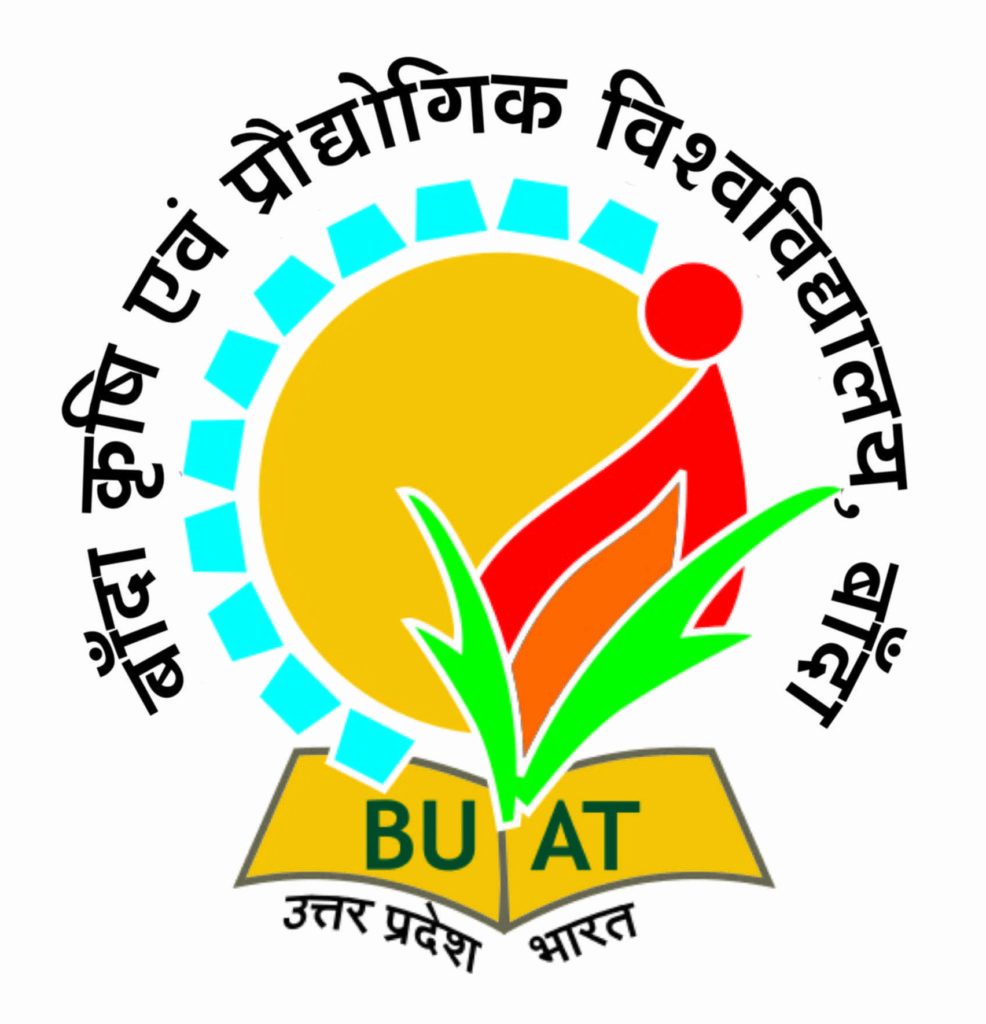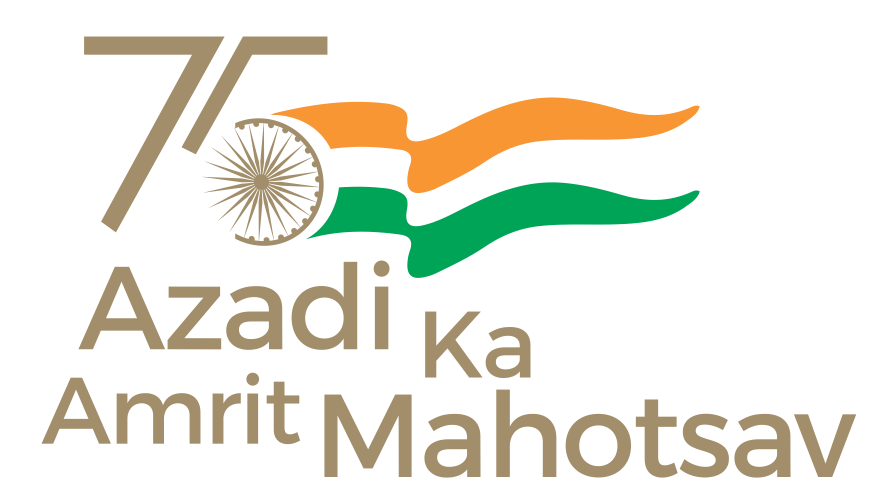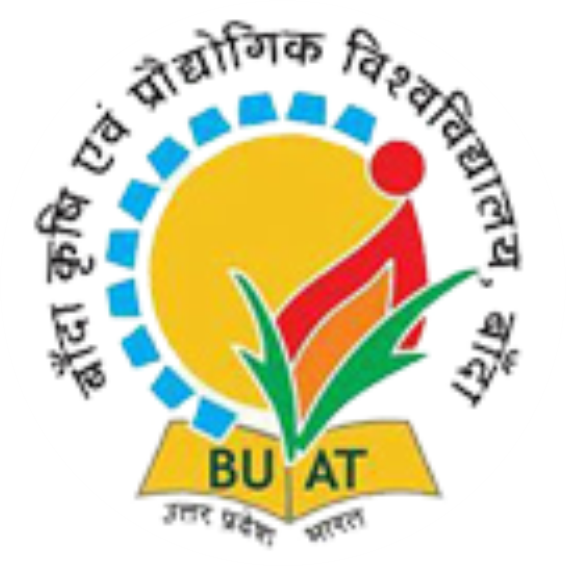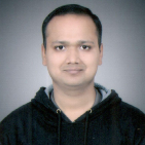About Urayana
- Home
- About
INTERNAL QUALITY ASSURANCE CELL (IQAC)
In pursuance of its Action Plan for performance evaluation, assessment and accreditation and quality up-gradation of institutions of higher education, the National Assessment and Accreditation Council (NAAC), Bangalore proposes that every accredited institution should establish an Internal Quality Assurance Cell (IQAC) as a quality sustenance measure. Since quality enhancement is a continuous process, the IQAC will become a part of the institution’s system and work towards realization of the goals of quality enhancement and sustenance. The prime task of the IQAC is to develop a system for conscious, consistent and catalytic improvement in the overall performance of institutions. For this, during the post-accreditation period, institutions need to channelize its efforts and measures towards promoting the holistic academic excellence including the peer committee recommendations.
Internal Quality Assurance Cell (IQAC) is a major body constituted in higher education institutes to implement bench marks for teaching, research, extension and to review the policies pertaining to academic and administrative excellence as a post accreditation quality sustenance measure. The IQAC is conceivedas amechanism to buildand ensure qualitycultureat institution level and to develop a system for conscious, consistent and catalytic improvement in the overall performance of the institute. The success of any institution depends on sense of belongingness and active participation in all theactivities of the institution by one and all. In this pursuance, IQAC can play a vital role to channelize the efforts of the institute on towards holistic academic and administrative excellence. In view of above, the University Internal Quality Assurance Cell was established with vide order no. BUAT/DAM/313/2018 dated 09.05.2018 and reconstituted with vide order no. BUAT/DAM/264/20221 dated on 02.08.2021.
Academic Info
- Administration Profile
- Infrastructure
- Faculty
- Directorates































